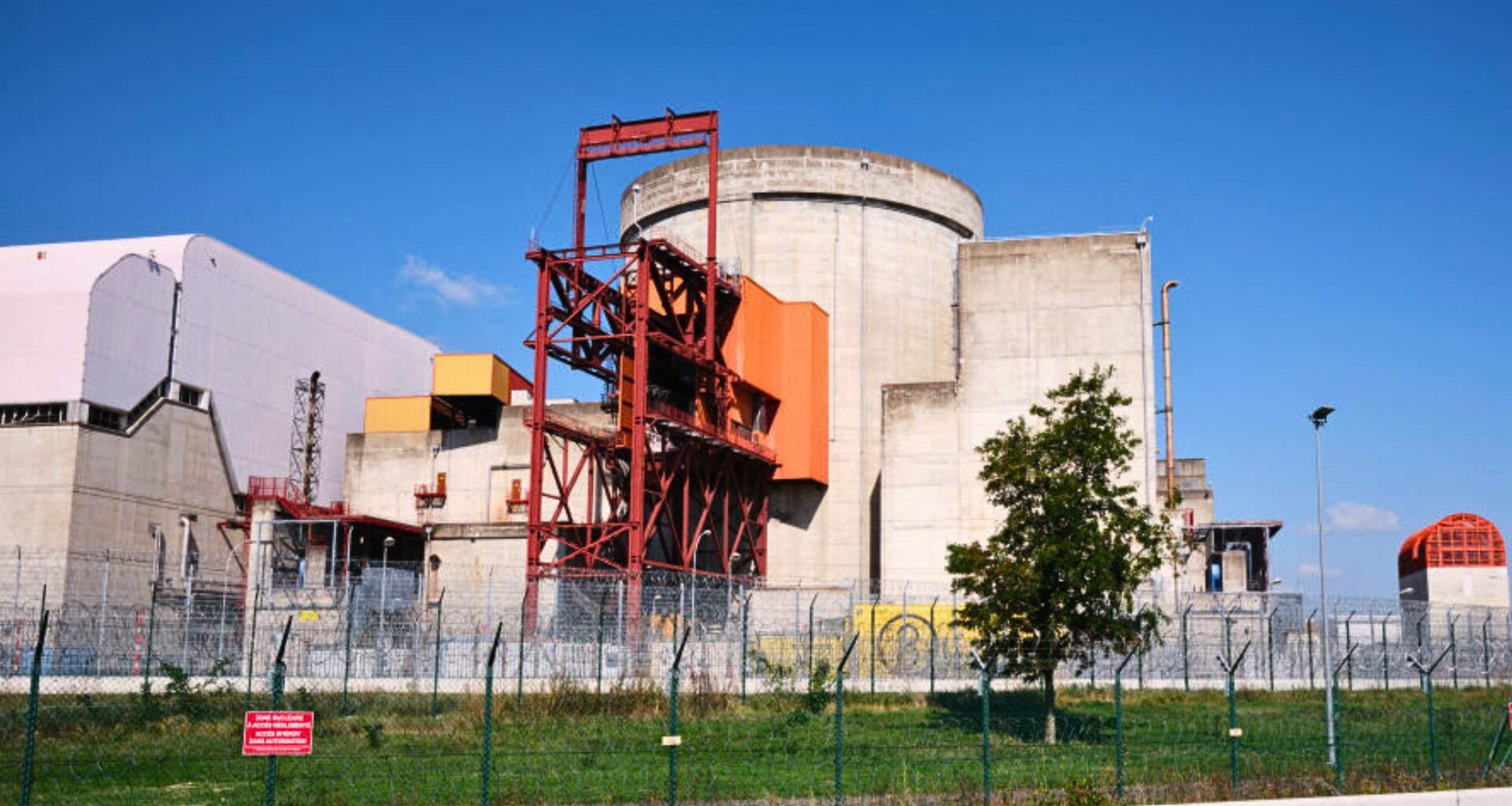French lawmakers are proposing a legislation that would let the state utility Électricité de France (EDF) divert excess power from its nuclear fleet into Bitcoin mining, French daily Le Monde reported.
The early-stage bill envisions installing mining hardware directly at nuclear sites so that electricity that would otherwise be wasted can be converted into digital assets.
France already generates more nuclear power than any other country in the European Union, about 338,202 gigawatt-hours in 2023, more than half the bloc’s output, according to Eurostat.
Yet Eurostat also notes that more than two-thirds of the heat created by nuclear fission is lost before it reaches the grid. Backers say plants could capture value without increasing overall demand on France’s power system by running energy-hungry bitcoin mining computers on that unused capacity.
Nuclear surplus meets digital gold
“It’s a secure and extremely profitable solution,” said MP Aurélien Lopez-Liguori, one of the bill’s architects. The proposal follows a narrower amendment rejected in June but would have required the government to study crypto mining’s place in the national energy mix.
CoinDesk reports similar instances. Pakistan recently earmarked 2,000 megawatts of underused coal-plant capacity for Bitcoin mining and artificial-intelligence data centers. Stable-coin issuer Tether has begun testing mining projects that run on surplus renewable power from South American agribusiness firm Adecoagro, in which it holds a 70 percent stake, CoinDesk reported.
Political U-turn on crypto
The push comes from the right-wing Rassemblement National (RN) party, marking a sharp reversal from party leader Marine Le Pen’s 2016 call to ban cryptocurrencies outright. At the time, Le Pen warned that replacing cash with digital money would cause citizens to “lose ownership” of their wealth and serve “the global banking system,” according to a press release cited by Cointelegraph.
Despite that history, RN has become the most active force in French crypto legislation, attracting industry advocates who see the party as business-friendly, Le Monde noted. Meanwhile, left-leaning blocs continue to criticize mining for its environmental footprint and use in illicit finance.
Power costs and environmental stakes
Those environmental concerns are rooted in Bitcoin’s voracious appetite for electricity. Recent studies estimate the network’s annual consumption between 138 TWh and 173 TWh in 2025, roughly the same as Poland or Argentina and about 0.5 to 0.7 percent of global power use.
On a per-transaction basis, each on-chain Bitcoin transfer burns roughly 1,100 kWh to 1,335 kWh, the amount an average U.S. home uses in 39-45 days. Even conservative estimates of 707 kWh per transaction equal nearly a month of household consumption.
That energy fuels “proof-of-work” mining, where specialized computers compete to solve cryptographic puzzles. The first machine to solve the puzzle secures the next block of transactions and earns a Bitcoin reward, while every competing rig still expends the same electricity.
Critics say the model locks in massive, permanent demand, and advocates counter that pairing mining with low-carbon baseload sources like nuclear could keep emissions down while absorbing power that would otherwise be wasted.
Lopez-Liguori and his colleagues have not released a timeline for introducing their bill in the National Assembly, and it remains unclear whether EDF would welcome mining rigs inside its plants.
But the initiative points at a growing belief among some French policymakers that nuclear power, which supplies 70 percent of the country’s electricity, could find a new revenue stream in the digital-asset economy even as the broader debate over Bitcoin’s energy use intensifies.
